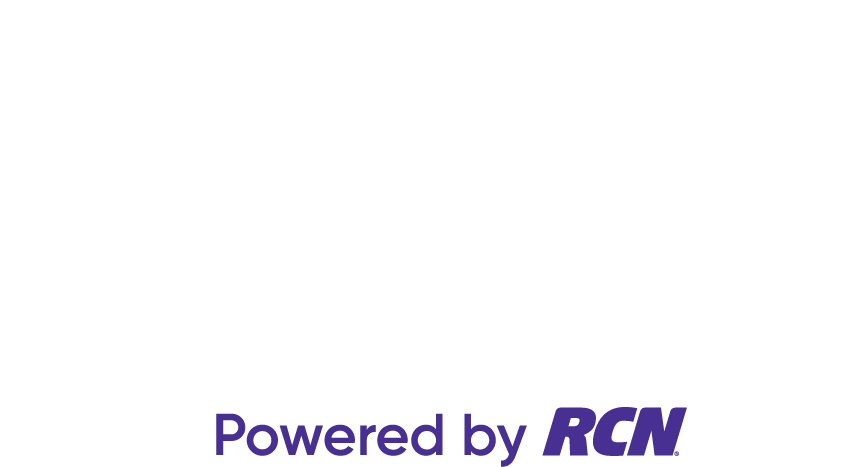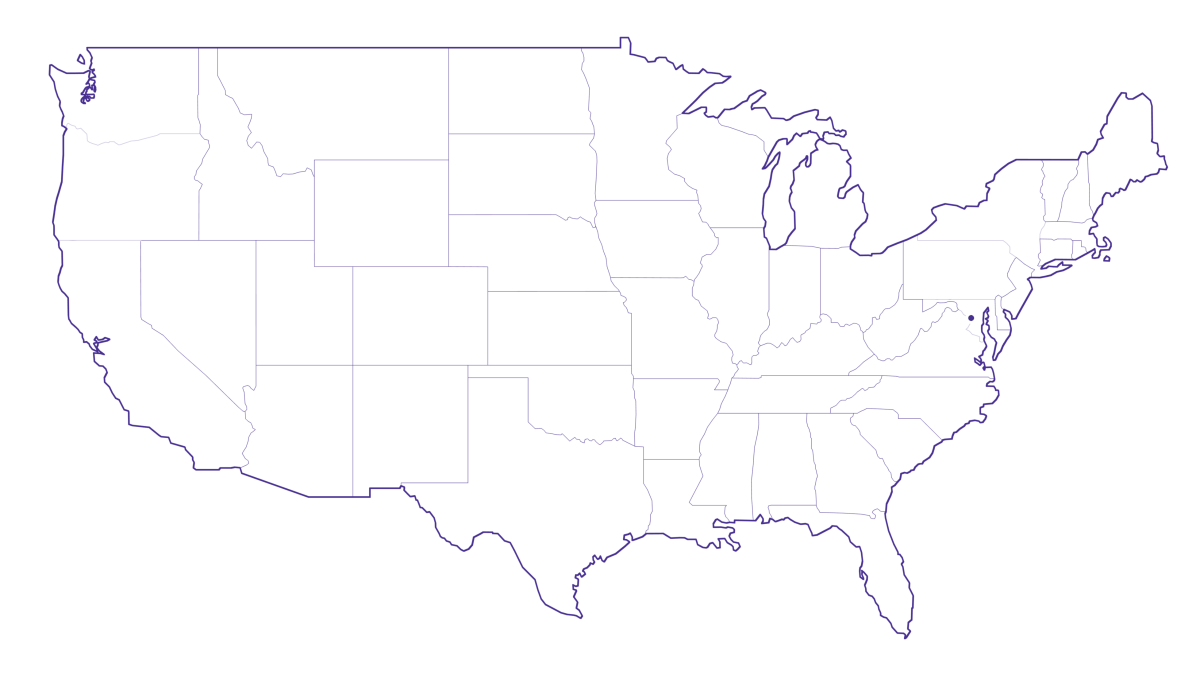Meet Astound Broadband’s Senior Vice President of Network Engineering, Kristell Janusz

Astound Broadband’s Senior Vice President of Network Engineering, Kristell Janusz, was recently interviewed by the magazine Woman Engineer about her career at Astound Broadband.
She shares her day-to-day tasks at Astound and how her degree in psychology is sometimes more helpful than her engineering degrees when it comes to working with managers in the field.
Janusz also spoke with Astound answering questions about navigating her path in a STEM career, how the landscape has changed for women and where new opportunities are evolving today.
Women in STEM
An Interview with Astound Business’s Kristell Janusz
Kristell Janusz, Vice President of Network Engineering for Astound Business, took time out of her schedule to answer a few questions about a topic close to her heart: Women in Technology.
Long before she joined Astound, Kristell had always taken a great interest in Science, Technology, Education, and Mathematics (STEM). Here, she shares some of her insights about what the climate was like for her growing up and what some of the new opportunities—and challenges—are for women interested in a career in technology today.
1. How has the landscape for women in STEM fields changed over the last decade, and what do you think is the biggest challenge women face today?
The landscape has changed by everyone having more of an awareness of the need to fill roles in STEM with diversity. It has come to the forefront in the last several years and it’s been an effort by many people along with society in general. Groups like WICT (Women in Cable Telecommunications) and Women in Comms are great resources to network and discuss innovative ways to continue to change the landscape for women in a positive way.
I think the biggest challenge women face today is recognition. Many women are not self-promoters or are afraid of what people will think of them if they do promote themselves. If they don’t have the skill set to promote themselves in a manner that they are comfortable with, then they have to rely on other people to help with that promotion and recognition. Having a champion—someone who helps others see you in a different light and can tout your accomplishments is often helpful in these situations.
Formal programs in companies also help. For instance, we have an MVP program where coworkers nominate other coworkers for awards for various accomplishments. It’s an easy way for people to get recognized by the rest of the company, and upper management, for going above and beyond in their job.
2. What do you think can be done to create a more inclusive and encouraging environment for women in technology?
I think it starts with a change in attitude and culture—which is oftentimes very difficult.
3. What does the future look like for women in tech fields?
I think the future looks really good. There are so many opportunities out there for women because tech fields are expanding exponentially, whether it’s programming, mechanical, A.I., robotics, gaming, IOT, etc. All of these opportunities are open for women and because the technology field is so diverse, a career path can be unlimited and very rewarding.
4. Are young women’s early interest in tech being nurtured enough in schools?
It certainly needs to start in schools with more technical options. There also needs to be encouragement from school counselors, teachers and parents to guide female students to expand their interests in the technology field. The key is to foster their interests by having multiple options and opportunities within the school system.
5. What have you discovered to be effective in helping connect girls and women to STEM studies and careers?
Sparking their interest early is important to help girls and women move forward with a career in STEM. Sometimes that doesn’t happen, but it can happen for women later in life where they have someone who provides guidance and affirmation to pursue a STEM career.
6. What was your career path like? Were there any personal obstacles you had to overcome?
I knew that I wanted to go into engineering in high school and my father was my biggest influence to point me in that direction. I decided to take a few technology classes in high school to prepare for college and my guidance counselor tried to steer me away from those classes because they were dominated by males.
That was the start of many obstacles that I had to overcome throughout my career, but I don’t dwell on those obstacles—I just look at them as learning experiences. My early career path took me from repairing circuit boards for phone systems to installing alarms for residences and businesses. After a few years of those jobs, I was able to gain some experience and land a job for the engineering arm of a local telephone company.
From there, I was able to transfer to RCN, which was in the very early stages of building out the network. (RCN later became Astound.) During those years, I went from transport engineering to installation supervisor to a director and then VP of Engineering, where I was able to cover many disciplines and responsibilities.
It has been a truly rewarding journey and I believe the future will continue in that path.
7. Were there any women in STEM who served as role models for you while growing up?
I didn’t have any women in STEM who I knew, so my role models were my father and my uncle, who were both in the technology field.
Join our team
Learn about our company culture and explore opportunities, check us out…
Not all services, speeds, packages, equipment, channels, tiers, pricing, streaming services, product offerings and product features are available in all areas. Offers valid only for new residential customers or previous customers with account in good standing who have not had our service within the last 60 days. All names, logos, images and service marks are property of their respective owners. Other restrictions may apply.

















